Decision in Oracle's favour will limit consumers' freedom: Google
As Google and Cloud major Oracle look forward to the US Supreme Court hearing on October 7 into a decade-long copyright legal battle, the search engine giant has filed a supplemental brief to augment its position, saying a decision in Oracle's favour would limit consumers' freedom to use technologies on a range of devices.

As Google and Cloud major Oracle look forward to the US Supreme Court hearing on October 7 into a decade-long copyright legal battle, the search engine giant has filed a supplemental brief to augment its position, saying a decision in Oracle's favour would limit consumers' freedom to use technologies on a range of devices.
The supplemental brief was filed this week in a long-standing case where Oracle has blamed Google for "copyright infringement" where it "copied Java APIs to build the Android smartphone operating system".
After Oracle acquired Java in 2010, it sued Google for using its software interfaces.
In 2018, an appeals court in the US ruled that Google violated copyright laws when it used Oracle's open-source Java software to build the Android platform.
In a fresh blog post this week, Kent Walker who is SVP of Global Affairs at Google pitches for "interoperability" that has let software developers build on each other's work.
"The interoperability of open software interfaces is what lets different technologies like apps work together on a variety of devices and platforms," he stressed.
"Our legal case with Oracle turns on our belief that interoperability has been good for innovation, good for developers, and good for consumers".
Oracle initially sought $9 billion when it filed the lawsuit in 2010.
Claiming that it should receive $475 million in damages in addition to $8.8 billion relating to "profits apportioned to infringed Java copyrights", Oracle accused Google of illegally copying a key part of the Java platform into its Android operating system.
According to Google, with smartphone apps now common, "we sometimes forget how hard it once was for developers to build apps across a wide range of different platforms".
The Supreme Court has heard from 250 leading computer scientists, businesses, and software developers in the case.
The Court recently asked for additional information about how courts should respect a jury's decision that a given use (like the reuse of software interfaces) constitutes allowable fair use.
According to Walker, a decision in Oracle's favour would limit consumers' freedom to use technologies on a range of devices.
"It would upend the way developers have always used software interfaces, locking them into existing platforms and giving copyright owners new power to control the building blocks of new technologies," he argued.
Java was developed by tech firm Sun Microsystems which was acquired by Oracle in 2010.
In 2012, the companies took the issue to court but the jury was unable to determine whether Google used Java application programming interfaces (APIs) fairly.
Two years later, an appeals court overturned the ruling and raised the question on Google's "fair use" of Oracle's technology.
In 2016, it was ruled that Google's use of Oracle's APIs was legal under the copyright law's fair use doctrine, "which allows the free use of copyrighted material under specific circumstances".
Oracle appealed the decision and the jury ruled in favour of the Cloud major. Google last year filed a petition in the US Supreme Court to review the decision.
Get Latest Business News, Stock Market Updates and Videos; Check your tax outgo through Income Tax Calculator and save money through our Personal Finance coverage. Check Business Breaking News Live on Zee Business Twitter and Facebook. Subscribe on YouTube.
RECOMMENDED STORIES
10:14 AM IST






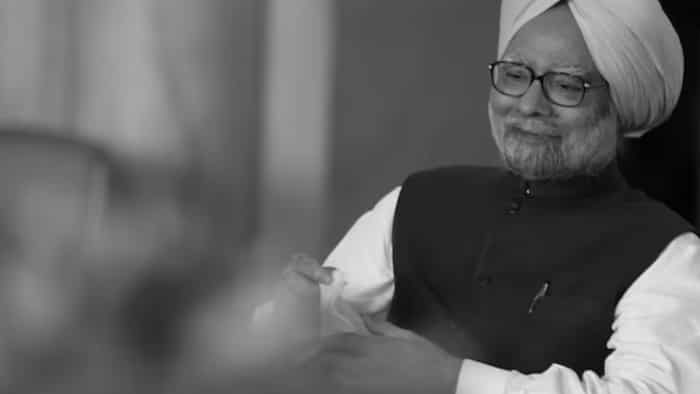
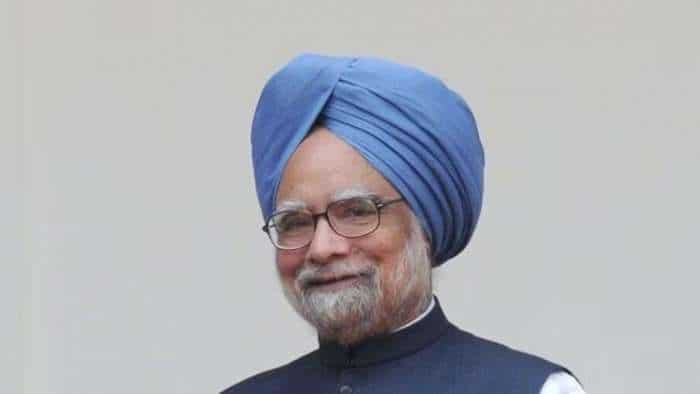
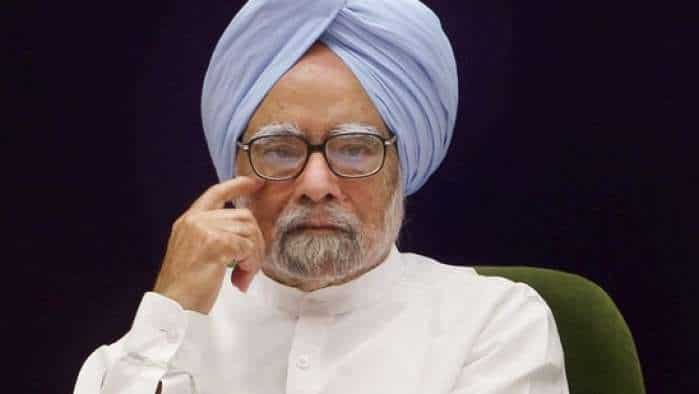
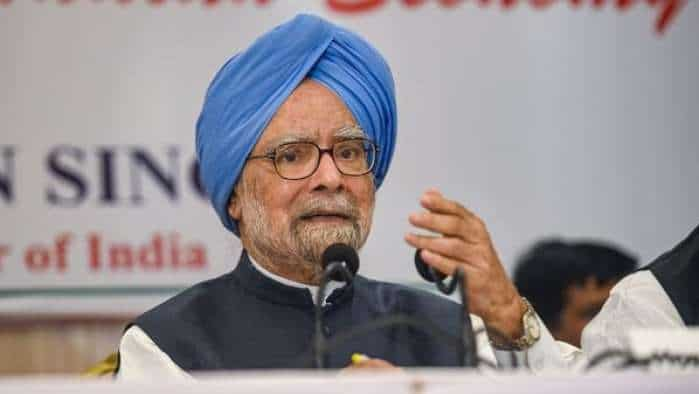
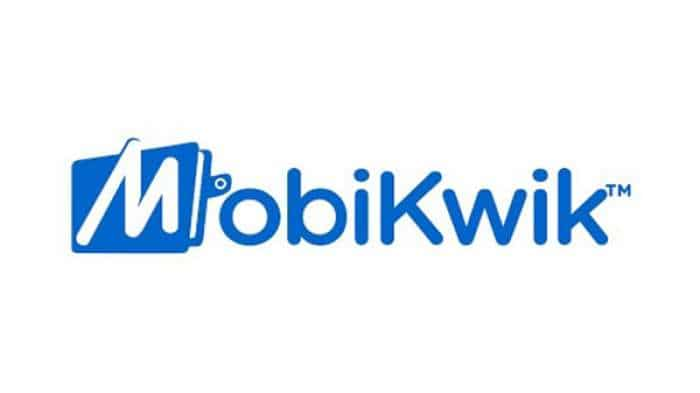
 Google, Andhra Pradesh government join hands to fuel AI innovation & adoption, develop AI-ready workforce
Google, Andhra Pradesh government join hands to fuel AI innovation & adoption, develop AI-ready workforce 'Martial law' most-searched word on Google in South Korea
'Martial law' most-searched word on Google in South Korea Google to equip Gemini AI with call making, messaging functionality even when smartphone is locked - Check details
Google to equip Gemini AI with call making, messaging functionality even when smartphone is locked - Check details  Google Chrome to introduce new feature to assess website’s trustworthiness: Find details inside
Google Chrome to introduce new feature to assess website’s trustworthiness: Find details inside  Google Maps to start erasing data from cloud - Here's what it means for users and know how to keep it safe on your device
Google Maps to start erasing data from cloud - Here's what it means for users and know how to keep it safe on your device